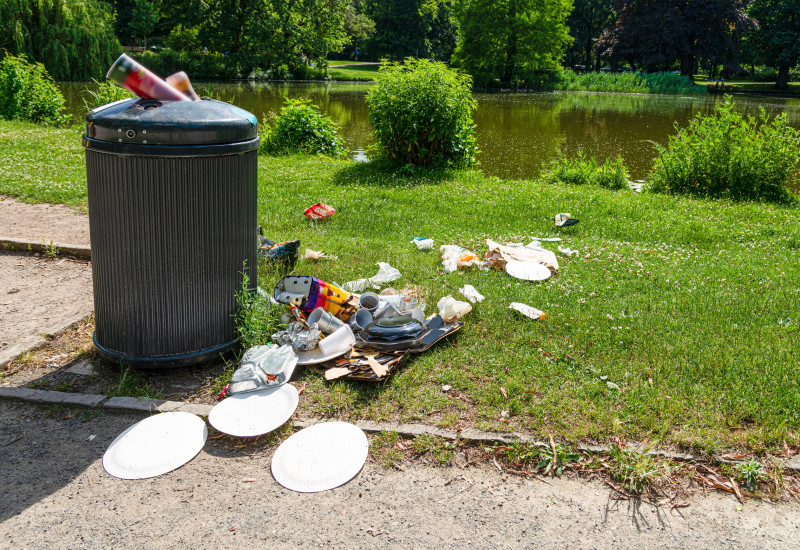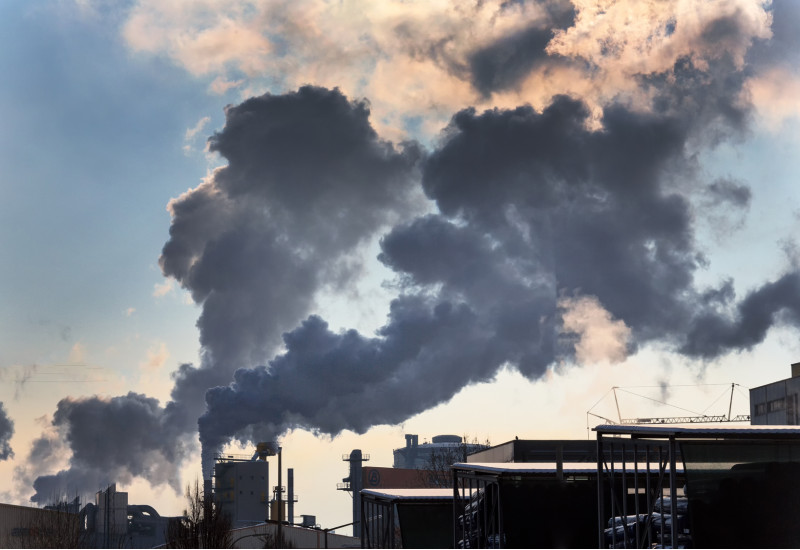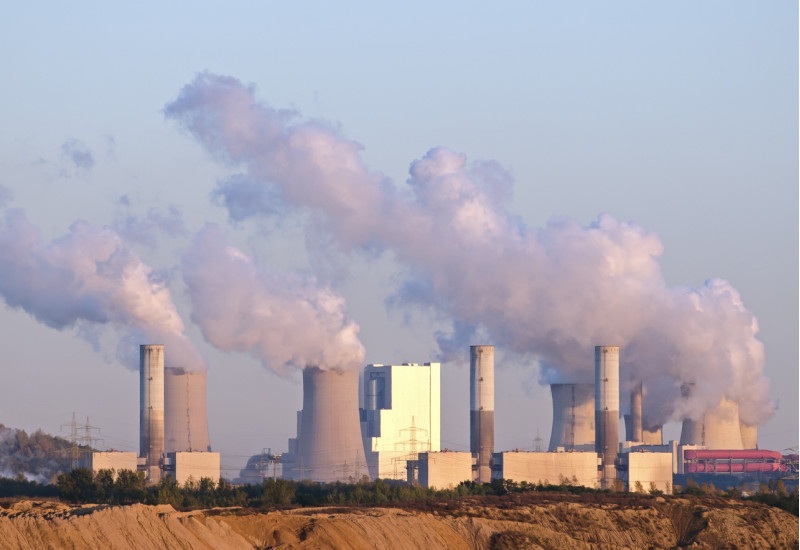International Spokesman: Joseph Nasr
Phone: +49-(0)340-2103-5485
E-mail: joseph.nasr@uba.de
 Umweltbundesamt
Umweltbundesamt

Over 50 years ago, the social-liberal coalition under chancellor Willy Brandt breathed new life into environmental protection. With the launch of the Federal Government’s first environmental programme and the appointment of the first German Environment Minister in 1971, environmental policy initially took root within the Federal Ministry. read more

The Single-Use Plastics Fund Act, passed on 15 May 2023, obliges manufacturers to bear the costs for the collection of their single-use plastic products when discarded as waste in streets or parks from 2024. The German Environment Agency is setting up the digital platform DIVID to manage and process the levies that companies must pay into the Single-Use Plastic Fund. read more

The Hesse State Agency for Nature Conservation, Environment and Geology (HLNUG) investigated the emission of ultrafine particles (UFP) and the effectiveness of electrostatic precipitators to reduce fine dust emissions from a wood-burning stove. read more

In the second year of the national emissions trading scheme (nEHS), emissions within its scope amounted to 288.5 million tonnes of CO₂. read more

At its meeting on 22 March, the Human Biomonitoring (HBM) Commission at the German Environment Agency (UBA) derived a health-based assessment value (HBM value) for mono-n-hexyl phthalate (MnHexP) in urine. read more

The shallow coastal waters of the Baltic Sea are not only popular with holidaymakers, but also provide a home for many creatures in seagrass meadows, dense algae forests, rocky reefs and mussel beds. read more

In 2023, greenhouse gas (GHG) emissions in Germany fell by 10.1 per cent compared to 2022. This is shown by new figures from the German Environment Agency (UBA). The reasons for this are the increased share of renewable energies, a decline in fossil fuel energy production and lower demand for energy from industry and consumers. read more

The conditions for the new Carbon Border Adjustment Mechanism (CBAM) are currently being created across the EU. CBAM ensures that the CO₂ emissions of certain energy-intensive imported products are given a price. read more